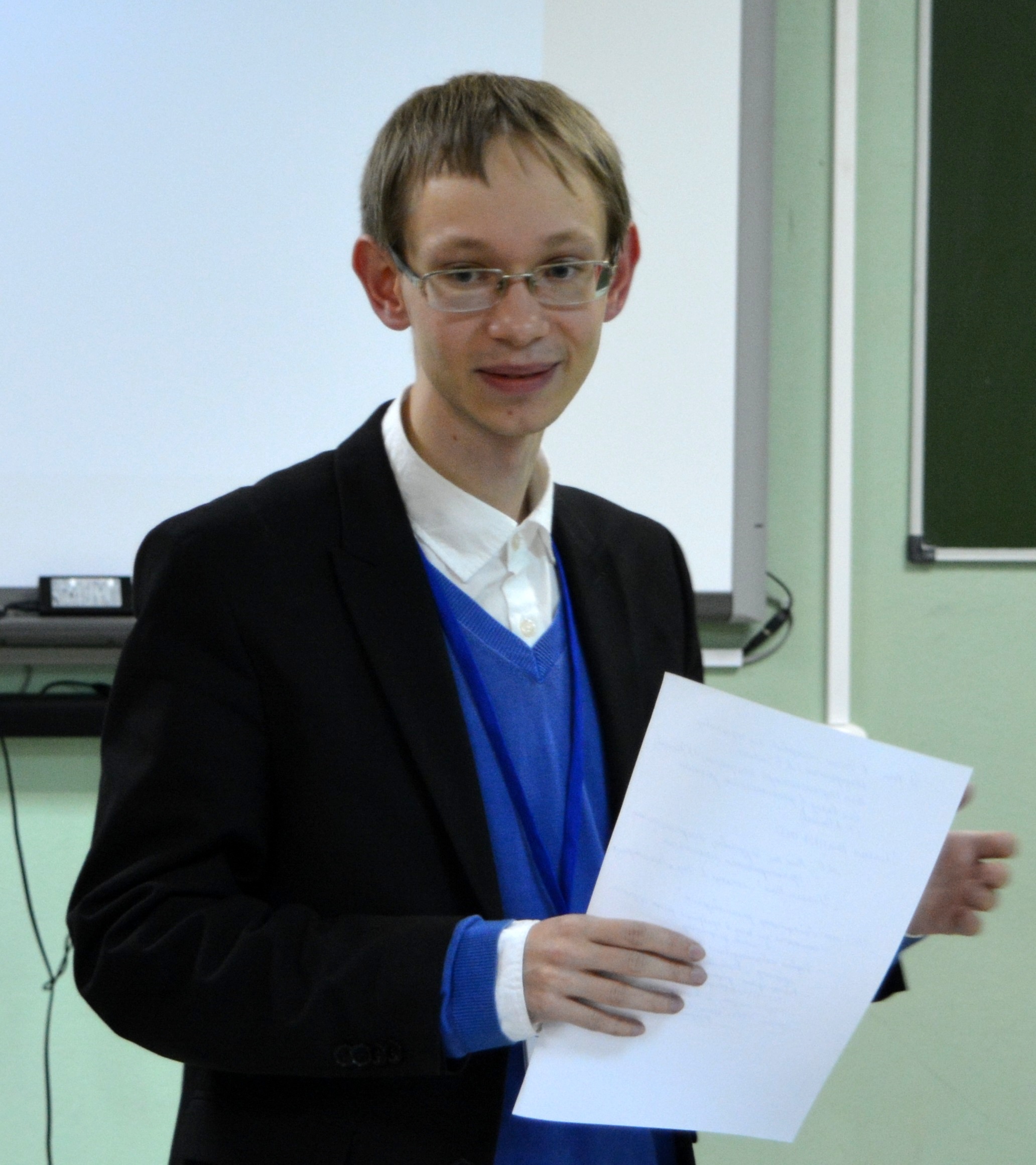Collections of Catholic diocesan museums have represented a significant section of art from the Middle Ages to the present day. In recent decades, diocesan museums have paid attention to new approaches in exhibiting works of art, in particular, to the principles of a “transhistorical” museum. This approach emphasizes the dialogic nature of works of art from different eras, the importance of direct visual associative connections and presence of a range of interpretations of the concept of curators. Since the Second Vatican Council, diocesan museums have included works by contemporary artists in their collections; they formed the basis of the transition to new methods of exhibiting. Accents in the interpretation of contemporary art are existential issues and spiritual communication. The author analyses permanent collections and exhibitions of 2017–2019 in the diocesan museums of Germany (the “Museum at the Cathedral” in Würzburg, the “Kolumba-Museum” in Cologne, the Bamberg Diocesan Museum). The author comes to the conclusion that the curators of museums are driven by a transhistorical approach by striving to establish visual and existential “bridges” between works of art from different eras and thereby demonstrate the “spark of God” and the fundamental nature of spiritual issues. At the same time, diocesan museums by no means refuse the theological and philosophical interpretation of the meanings of works, i.e. do not rely on subjective aspects of their visual perception by the public. Work with the “individual” visitor and close cooperation with museums of other profiles determine one of the possible directions for the development of diocesan museums.
Key words: diocesan museum, contemporary art, religious art, modernization of Christian art, catholic art, transhistorical museum, museology, transformation of art language, church museum
DOI: 10.22250/2072-8662.2020.2.109-120
About the author
 |
Viktor V. Barashkov – PhD (Philosophy), Assistant Professor at the Department of Philosophy and Religious Studies, Vladimir State University n.a. Alexander and Nikolay Stoletovs; |






